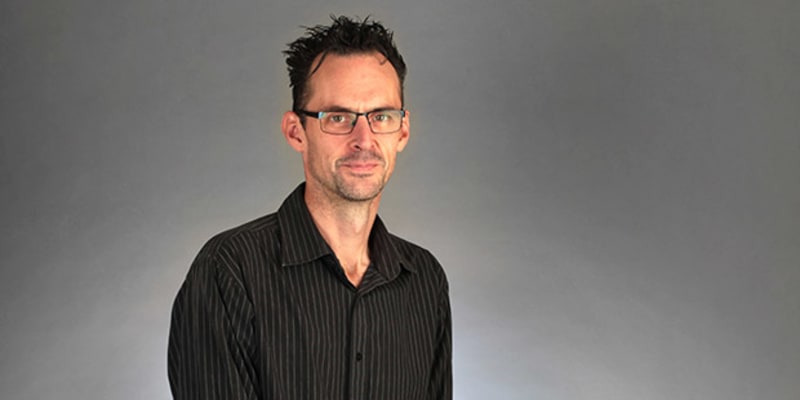
Biography
Dr. J. Milo Taylor is an artist, musician, producer and researcher, and Lecturer for the BA (Hons) Sound Arts course at London College of Communication. He is also additionally leads a reading group and facilitates practical workshops on the MA Sound Arts course.
Milo’s teaching is informed by contemporary approaches to cybernetic theory and pedagogic / paragogic practices. This implies constant and productive movement between teaching, research and art making. Such questions arise as:
- What can sonic theory, practice and poiesis mean? Where are their limits, and what can they contribute to other disciplines?
- Can pedagogy be informed by aesthetics? Can learning be an art experience? Should it be?
- Can art production inform and shape educational dynamics?
- What are the possible relationships between academic research and sonic poiesis?
- How might we conceive of and experience the ecosystems of art/design education, art/design production, distribution and consumption and art/design research? What are the contexts of, and the connections and ruptures between, these dynamic systems?
- How can the new generation of artists and designers be best supported by their university experience in their emergent practices and production?
Milo has taught Sound Art for many years from a wide range of perspectives, including time at S.A.E London, (School of Audio Engineering), Rose Bruford College of Theatre and Performance (Course Leader: Performance Sound) and the University of Brighton (Senior Lecturer: Digital Music and Sound Arts).
His creative work is also multi-faceted – originally an electric anti-guitarist, he has produced short films, sound installations, radiophonic works (BBC, Resonance FM), electronic devices, theatre, puppetry performances, acoustic ecology works, multi-channel electro-acoustic music, contemporary dance collaborations and audio-visual performances. These works have been shown internationally in Europe, Africa, Asia and Central and North America.
Research interests include listening and histories of the senses, media archaeology, open-source / FLOSS, audio-visual composition, sound archives, sonic anthropology, archaeoacoustics, inclusive and participatory practice, entanglement and material culture, acoustic ecology, modularity, electronic cultures and the sonic world at large.
An invitation: Listen. Right now. Just for a while. What can you hear? What does it mean to you and how does it make you feel?
Related area
View the BA (Hons) Sound Arts course page